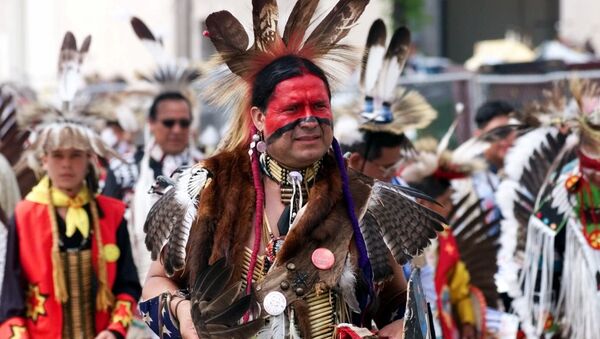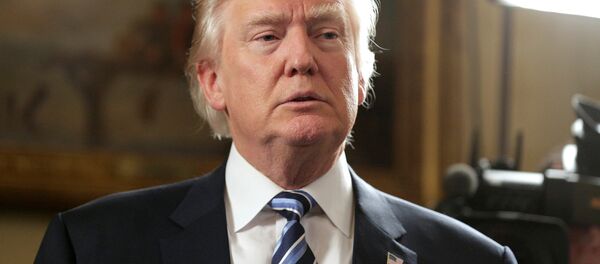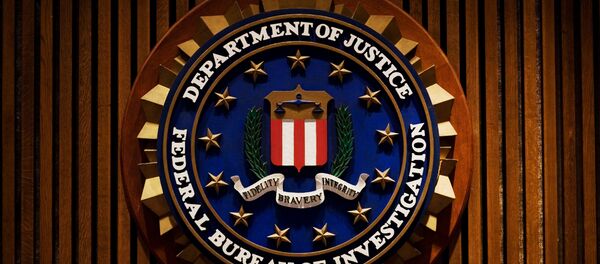"Here we are in the 21st century and we still have no land base," Soto said. "I think it’s going to become better once we get a land base because we can have a community there, a community that will practice the language, practice the culture, and practice traditions and they [young people] will see this every day."
But land is not easy to come by, he said, because the 4,400-member tribe is not federally recognized so the government "doesn’t owe us anything."
Soto said he is looking to buy five acres of land for affordable housing and a large 5,000 square foot building to house bed rooms, the tribal office and the church office. The house also has a pavilion where they can hold gatherings and ceremonies, Soto continued.
The tribe vice chairman also said the community is taking other steps aimed at saving their culture and traditions, including preserving the powwow and joining the Apache Alliance, where the nine other Apache tribes gather.
"But even if we don’t become members we are allowed to go to the [alliance] summits and we get to talk to the holy men, the spiritual leaders and the tribal leaders as far as how they run the tribe," he said.
Soto noted that they recently found a burial site of Lipan Apaches in the desert and became active in trying to reclaim their rights to that cemetery. As soon as they expressed their interest, however, the Texas Historical Society said they were going to take over. And now the tribe has to abide the historical society’s rules and laws.
"It [burial site] hasn’t been taken care of… we did a cleansing ceremony," he said noting that the SUVs and trucks were running over it. "That’s a good way to preserve culture because… it’s a very spiritual place to visit."
READ MORE: US Tribes Ready to Work With Trump on Removing Excessive Regulations
The 75th Annual Convention & Marketplace, organized by the National Congress of American Indians (NCAI), is being held in Colorado from Oct 21- 26. Established in 1944, the NCAI is the largest non-profit organization representing US native tribes and the interests of tribal governments and communities.
The US federal government recognizes 573 Indian nations, including 229 in Alaska. Native American tribes are further recognized by their respective state governments, according to the NCAI.



